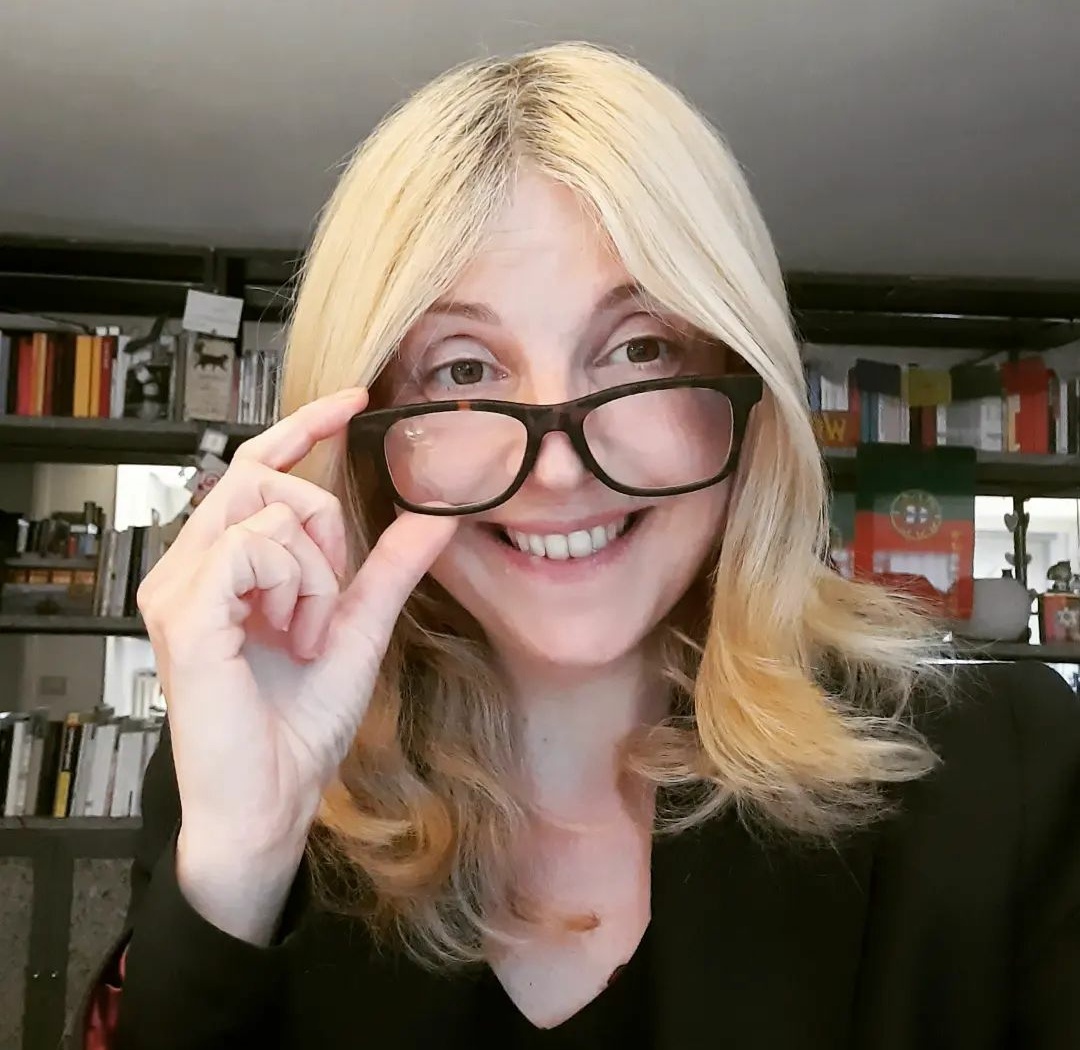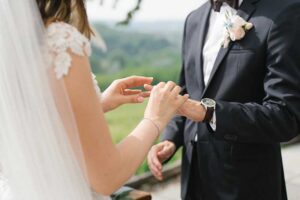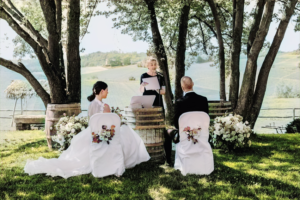The figure of the lay-humanist celebrant is a professional figure that, in Italy, is relatively new and that is experiencing a real boom in demand.
But how does one become a lay-humanist celebrant? Where and to whom can one turn for professional training to become a lay-humanist celebrant?
Today I would like to give you some useful information on the subject and tell you about my human and professional experience as a lay-humanist celebrant.
Wedding in traditions
In our country it has always been customary to marry in church and entrust the celebration of one’s marriage rite to the ecclesiastical authorities. However, the number of couples who, instead, for a whole series of reasons, prefer to turn to the civil authorities and contract their marriage in the Municipality and/or at the emerging ‘Municipal Houses’ is on the increase; these places, in fact, have become, more and more in recent years, the reference point for the fateful “Yes, I do.”
Often, those who marry with a civil rite, a formal moment of obligation to give legal value to the union, but which, it is well known, does not offer that romanticism and atmosphere that the couple almost always desires, well, often, the couples in question wish to flank or celebrate the ceremony by entrusting themselves to a lay-humanist celebrant, who will tell their love story and make that special moment of their lives truly unique and magical.
Where to find a lay-humanist celebrant
But how can they find the right figure for them? Who can they turn to in order to find the lay-humanist celebrant who can accompany and guide them along this extraordinary path of life and of telling their love story.
And above all: how does one become a lay-humanist celebrant?
One of the associations that has a circuit of celebrants (“Cerimonie Uniche”) and that offers training courses to become celebrants is the “UAAR Association” in Rome: this acronym stands for “Unione Atei Agnostici e Razionalisti” (“Union of Atheist Agnostics and Rationalists”) and it is from them that I would like to begin to tell you about my training and my existential journey that led me to this profession.
How I became a lay-humanist celebrant
At a certain point in my life, after the death of my father, my beloved ‘babbo’ (being Tuscan, he called himself that and was very angry if we called him ‘papa’), well, after that bereavement and after the ceremony that celebrated his farewell, I decided that I would never want such a ceremony at my funeral and I would never want a priest or a member of the Roman Catholic Apostolic Church at my final farewell. I did not want, and would never want, my family and loved ones to hear such impersonal and empty words as I have always heard at such celebrations.
For me, the moment of farewell is the highlight of an individual’s existence, his or her exit, the last farewell to the world. And it must be consistent with the life that this individual has led and, above all, it must speak of his or her life, in a personal and unique way, just as every existence is.
How to become a secular-humanist celebrant
For this reason, the training courses for lay-humanist celebrants offered by the “UAAR Association” in Rome (and which are totally free of charge, in fact, only membership of the association through membership is required) focus primarily on the farewell ceremony, the lay funeral: how it takes place, what it is appropriate to do and not to do, what conduct is necessary to maintain vis-à-vis all the actors involved (from family members, to institutions, to funeral operators) and how to operate in the phase of meeting, gathering information and the moment of the actual celebration of the farewell in the presence of loved ones.
The training is then articulated with in-depth studies, simulations and role-plays also for every other type of ceremony that may be requested: from the Welcome ceremony (the so-called ‘lay baptism’), to the marriage ceremony (symbolic or with legal value, if one has the necessary proxy), to the renewal of wedding vows, to the celebration, in short, of every moment of passage that one may experience in one’s life, such as, for example, also the coming of age.
Before the pandemic, the course offered by the “UAAR Association” was held in the classroom, in the Rome headquarters, during two or three weekends at two different times of the year; now we have switched to online training (which gives excellent results) and a weekend in the classroom to rediscover the human warmth (necessary for such a profession) and experience that physical sense of belonging that is useful, and salvific, in every educational, and human, experience that we live.
At the end of the course and after various simulations and tests conducted under the supervision of the teachers, one is called upon to take an exam, which then gives one the possibility of joining the official circuit of “UAAR Association” celebrants, which is called “Cerimonie Uniche”.
There are also other possibilities to train and approach this profession in a serious and in-depth manner. For example, the “Federcelebranti Association” offers continuous and varied training in topics, offering various courses and online meetings and offering the possibility of joining the circuit of celebrants, called ‘Federcelebranti’, through the payment of an annual membership card and also taking the Intertek certification exam for the assessment and maintenance of the necessary and desirable requirements for this professional figure with regard to good working practices.
As a lay-humanist celebrant, I believe that confrontation and constructive collaboration between professionals in the field are fundamental requirements for spreading and performing this profession in the best possible way. For these reasons, I became a trainer for the “UAAR Association” courses, I actively participate in the activities of “Federcelebranti”, and I also considered it important to obtain the “Intertek Accredia” Quality Certification.
Please do not hesitate to contact me for any further information: I will be happy to provide you with all the information you require.




